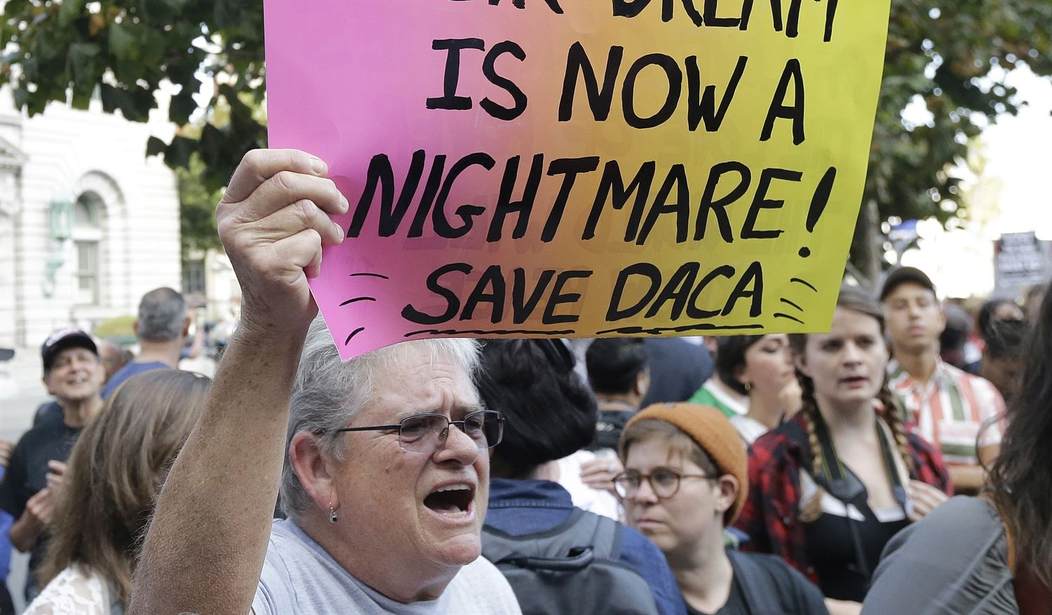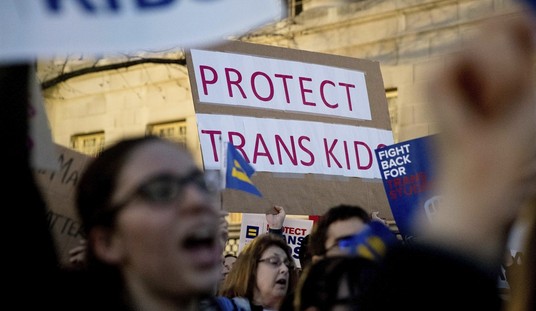On Thursday, the Supreme Court ruled against President Trump’s efforts to end Barack Obama’s immigration program called Deferred Action for Childhood Arrivals (DACA), which granted pseudo amnesty for minors brought to the United States illegally.
Chief Justice John Roberts, who was nominated to the court by George W. Bush, joined the four liberals on the court. Roberts argued that the Trump administration’s ending of the program was “arbitrary and capricious,” and violated federal law governing administrative procedure.
In September 2017, President Trump ended DACA. At the time, there were roughly 700,000 DACA recipients in the United States.
Roberts did note that the ruling was not a reflection of the DACA policy itself. “We do not decide whether DACA or its rescission are sound policies. ‘The wisdom’ of those decisions ‘is none of our concern,’” Roberts wrote. “We address only whether the agency complied with the procedural requirement that it provide a reasoned explanation for its action.”
Roberts continued, “Here the agency failed to consider the conspicuous issues of whether to retain forbearance and what if anything to do about the hardship to DACA recipients. That dual failure raises doubts about whether the agency appreciated the scope of its discretion or exercised that discretion in a reasonable manner.”
The “hardship to DACA recipients”? What does that have to do with the Constitution?
The Supreme Court had an opportunity to end DACA, which was an unconstitutional executive action altering immigration law, but thanks to Roberts once again joining the liberals on the court, failed to stand up for the Constitution. Roberts similarly joined with liberals to save another controversial and unconstitutional Obama program: The Affordable Care Act, widely known as Obamacare.
Roberts’ opinion seems to acknowledge that the decision was less about the constitutionality of DACA than it was about the impact of removing it on those affected. The fact is DACA was never constitutional and should not have been implemented in the first place. Heck, even Obama admitted that DACA was unconstitutional.
“I am not king. I can’t do these things just by myself,” Obama said in October 2010 in response to calls to unilaterally change immigration law. Several months later he acknowledged the Constitution’s limits on his powers when he acknowledged In May 2011 that he couldn’t “just bypass Congress and change the (immigration) law myself. … That’s not how a democracy works.”
And then he bypassed Congress and changed immigration law by himself.
UPDATE: Rep. Jim Jordan, the Ranking Republican on the House Judiciary Committee, released a statement in response to the ruling:
🚨#NEW: @Jim_Jordan releases statement on Supreme Court’s #DACA decision. pic.twitter.com/nriODLY1bn
— House Judiciary GOP (@JudiciaryGOP) June 18, 2020
This story is developing.
_____
Matt Margolis is the author of Trumping Obama: How President Trump Saved Us From Barack Obama’s Legacy and the bestselling book The Worst President in History: The Legacy of Barack Obama. You can follow Matt on Twitter @MattMargolis










Join the conversation as a VIP Member